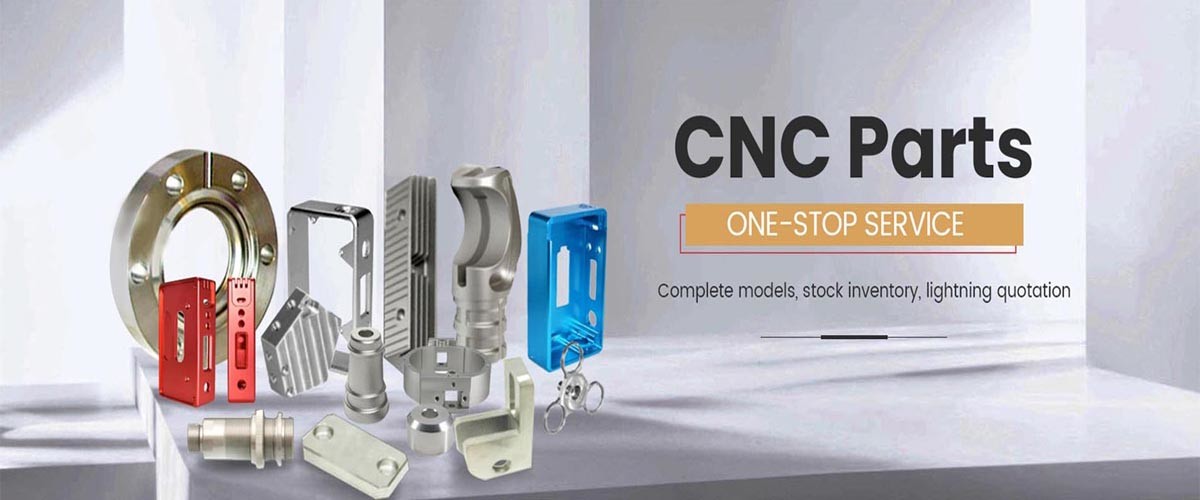The return inspection is the verification carried out by the customs of the importing country for the certificate of origin issued by us, including random inspection and authenticity verification.
Consequences of refund enquiries
The return certificate inquiry means that our export goods are blocked in the customs clearance of the other side, or are subjected to examination and detention, and even can not enjoy the preferential tax rates that the other country should give our products in accordance with the relevant agreements, and bring economic losses to import and export enterprises in warehousing, logistics, tariffs, deposits and other aspects.
The contents of the refund query
Origin standard
In accordance with the standard of origin of the ASEAN agreement, the situation of truthfully declaring the goods should not be filled in "WO" (complete origin) for convenience.
Cargo description
Try to declare separately according to the specifications and models of the products, some ASEAN customs do not accept the combined declaration of products, even if the HS code is the same. In addition, it should be noted that each ASEAN certificate can declare a maximum of 20 product names, and the excess number must be separately invoicing and issuing a separate certificate.
Direct transport rule
The transhipment goods are required to obtain a certificate of non-reprocessing at the customs of the transit place. All goods stopped or transshipped through Hong Kong must be stamped with the certificate of no reprocessing by the Customs and Excise Department or the Hong Kong China Inspection Company.
producer
Article 5 of the FORM E (ASEAN Certificate) endorsement requires the name of the manufacturer of the product to be declared below the final sign in the description of the goods. At present, the Indonesian Customs strictly check the content of this, and take the refund processing of the export of the trading company without declaring the name of the producer.
exporter
Asean certificate consignor refers to the applicant of the country of origin certificate issued, that is, the exporter. No double header, such as O/B or ON BEHALF OF, may appear in the column.
(Indonesia) reasons for the rise of unilateral trade protectionism in Indonesia
In recent years, the Indonesian customs has taken the return of certificate of origin as a means of trade protection. With the rapid development of China's trade with ASEAN, the market share of Chinese export products in Indonesia has been expanding, causing concern and even anxiety of Indonesian officials. The Indonesian customs set up obstacles to Chinese exports by postponing or even cancelling tariff preferences by means of frequent return inspection of Chinese exports. Since 2012, the number of refund inquiries in Indonesia has continued to increase, far higher than the rate of refund in other ASEAN countries, and the reasons for withdrawal are also varied, from questioning the handwriting of visa officials, origin standards, to the recent questioning of the certificate format does not meet the certificate endorsement requirements, causing great distress and losses to Chinese export enterprises. The arbitrariness of Indonesia's refund query shows the country's clear intention to erect trade barriers.
There are differences in understanding of the requirements for certificate of Origin preparation
For example, in Indonesia's return certificate, there are doubts that the certificate format does not meet the requirements of the certificate endorsement, that is, the product name description column should be marked with the model of each product, the manufacturer and other information. Taking export fasteners as an example, often a batch of export goods contain dozens of different types of bolts and nuts, one by one to indicate the model, the actual operation is more complicated. For the requirements of marking manufacturers on the certificate, many trading companies are reluctant to worry that foreign customers will directly find manufacturers for trade cooperation and lose customers.
The requirements of the ASEAN countries for the certificate of origin are also different, and the other nine countries in the ten ASEAN countries have not returned the certificate or refused to give tariff preferences.
Suggested measure
First, fill in the fields of Certificate of origin in strict accordance with the requirements of Indonesian customs. As detailed as possible, in the invoice amount and other columns can not blindly follow customer requirements, especially involving a third country intermediary trade must be truthfully filled in.
The second is to choose strong and reputable Indonesian customers, strengthen exchanges with customers, and obtain the relevant policy requirements of Indonesian customs in various ways.
Third, the products exported to Indonesia should be signed with FOB prices as far as possible to avoid the risk of Indonesian customs clearance.
Fourth, the goods in transit to Hong Kong, China, should take the initiative to apply for the "no reprocessing certificate" to the Hong Kong China Inspection Company to meet the direct transport rules in the China-Asean Free Trade Area Agreement of origin.
The fifth is to establish documents related to the certificate of origin in accordance with the requirements and keep them for 3 years, so as to avoid being unable to provide the evidence required by the Indonesian customs when confronted with inquiries.
At present, the Indonesian Customs has taken measures to suspend preferential tariff treatment, suspend release, collect deposit or levy taxes on the goods queried by the return certificate, and a few months later, refund or other processing according to the investigation letter of the relevant parties. Even if the Indonesian customers finally get the tariff reduction by relying on the official reply of our visa agency, they have already suffered huge losses.
In fact, it is estimated that many enterprises have encountered this situation, when the customer tells us that there is a problem with the certificate of origin, we do not know what to do, there is no need to panic, there is a way: according to the bilateral trade agreement, the importing country questions the certificate of origin information, should be issued a return certificate query for verification.
Therefore, when you encounter problems with the certificate of origin, you should ask the customer to urge the local customs to issue a return certificate inquiry letter as soon as possible

 Your message must be between 20-3,000 characters!
Your message must be between 20-3,000 characters! Please check your E-mail!
Please check your E-mail!  Your message must be between 20-3,000 characters!
Your message must be between 20-3,000 characters! Please check your E-mail!
Please check your E-mail! 


